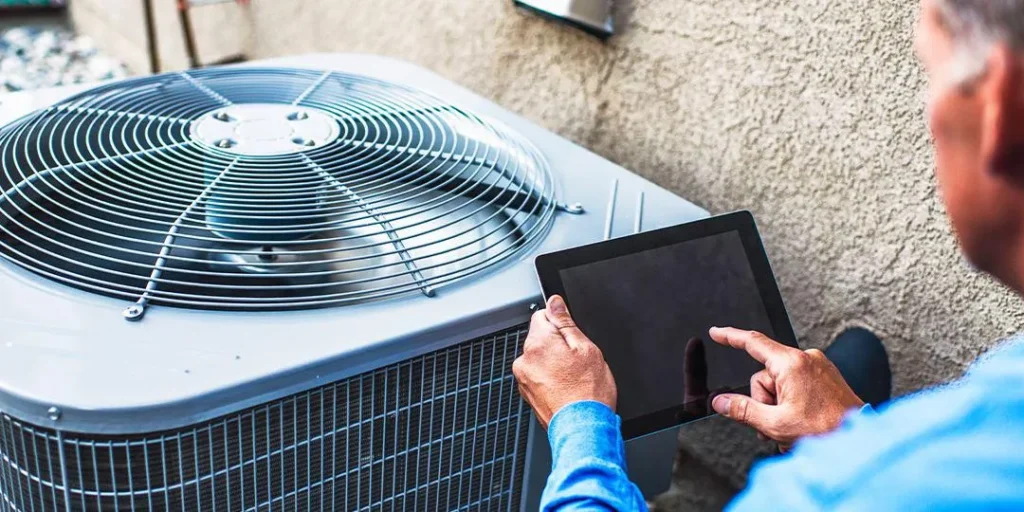As summer draws to a close, many of us may be tempted to forget about our air conditioning units until the heat returns. However, if you want your AC to perform efficiently next summer, it’s essential to take a few proactive steps now. A tropical climate can be hard on air conditioning systems, making regular maintenance and timely repairs crucial. Let’s explore some of the best tips to keep your AC in peak condition and ready to beat the heat next year.
1. Schedule a Professional Inspection
The first step to ensuring your AC is in optimal shape for next summer is a professional inspection. A certified HVAC technician can evaluate the unit’s overall health, identify potential issues, and make necessary repairs. Catching small problems now can prevent costly repairs or replacements later. Technicians will inspect key components such as coils, fans, and refrigerant levels to ensure everything is running smoothly.
2. Replace or Clean the Air Filters
Dust, pollen, and debris can clog your AC’s air filters, reducing its efficiency and straining the system. In humid climates, where the air is often filled with particles, filters should be cleaned or replaced regularly. Dirty filters restrict airflow, forcing your AC to work harder and consume more energy. For a fresher, cooler home and a more efficient AC, aim to replace or clean filters every one to three months.
3. Inspect and Clean the Condenser Coils
Over time, dirt and grime can accumulate on the condenser coils of your AC unit, especially if it’s located outside. This buildup reduces the coils’ ability to release heat, leading to decreased cooling efficiency and increased energy consumption. A technician can thoroughly clean the coils and ensure they are functioning effectively. If you’re attempting a DIY clean-up, make sure to turn off the power to your AC unit before removing debris.
4. Check and Clear the Drain Line
Humid climates can often cause condensation in your AC unit, which then needs to be drained. If the drain line becomes clogged, it can lead to leaks and water damage around your unit, and even mold growth. A clogged drain line can also cause the system to shut down unexpectedly. To avoid this, check the drain line and clear any blockages. If you notice water pooling around the unit, it’s best to call a professional to handle it safely.
5. Seal Duct Leaks
Leaky ducts can significantly reduce your AC’s efficiency by allowing cooled air to escape. This issue is particularly common in older homes where ductwork may have deteriorated over time. Inspect the visible portions of your ductwork and look for any signs of leakage. If you notice hot or cold spots around your home, duct sealing or repair may be necessary to improve airflow and reduce energy bills.
6. Test the Thermostat
Your thermostat is the command center of your AC unit. If it’s not functioning correctly, you may experience inconsistent temperatures or unnecessary energy use. Test your thermostat to ensure it’s reading the correct temperature and allowing accurate settings. If you’re still using a traditional thermostat, consider upgrading to a programmable or smart thermostat. These modern devices let you control your AC remotely and set schedules, helping you save on energy costs.
7. Cover Your Outdoor Unit for the Off-Season
Though winters may not be extreme, it’s still a good idea to cover your outdoor AC unit during the cooler months. A cover helps prevent debris, leaves, and dirt from accumulating on the unit. Make sure to use a breathable cover specifically designed for ACs to avoid trapping moisture, which can lead to rust or mold.
8. Consider an End-of-Season Tune-Up
One of the most effective ways to keep your AC fit for next summer is to schedule an end-of-season tune-up. An HVAC technician can ensure that all parts are functioning correctly, make necessary adjustments, and give your AC a thorough cleaning. This tune-up can extend the life of your AC unit, improve energy efficiency, and reduce the chances of breakdowns during the hottest days of next summer.
9. Plan for Regular Maintenance Next Season
Routine maintenance is key to keeping your AC running smoothly year after year. Set a reminder to schedule a maintenance check at the start of the next cooling season. Regular tune-ups not only improve performance but can also help you save on your energy bills, prevent sudden breakdowns, and enhance indoor air quality.
Conclusion
Preparing your air conditioner for next summer doesn’t have to be complicated. With some basic maintenance and a proactive approach, you can keep your AC in top shape and avoid costly repairs. A reliable AC is essential, especially during the sweltering summer months. By following these tips, you’ll be well on your way to enjoying a cool, comfortable home all summer long. Don’t wait for the first heatwave—keep your AC fit and ready!
Need professional help with your AC? Contact Air Care Pros today to ensure your unit is ready to tackle the summer heat when you need it most!

